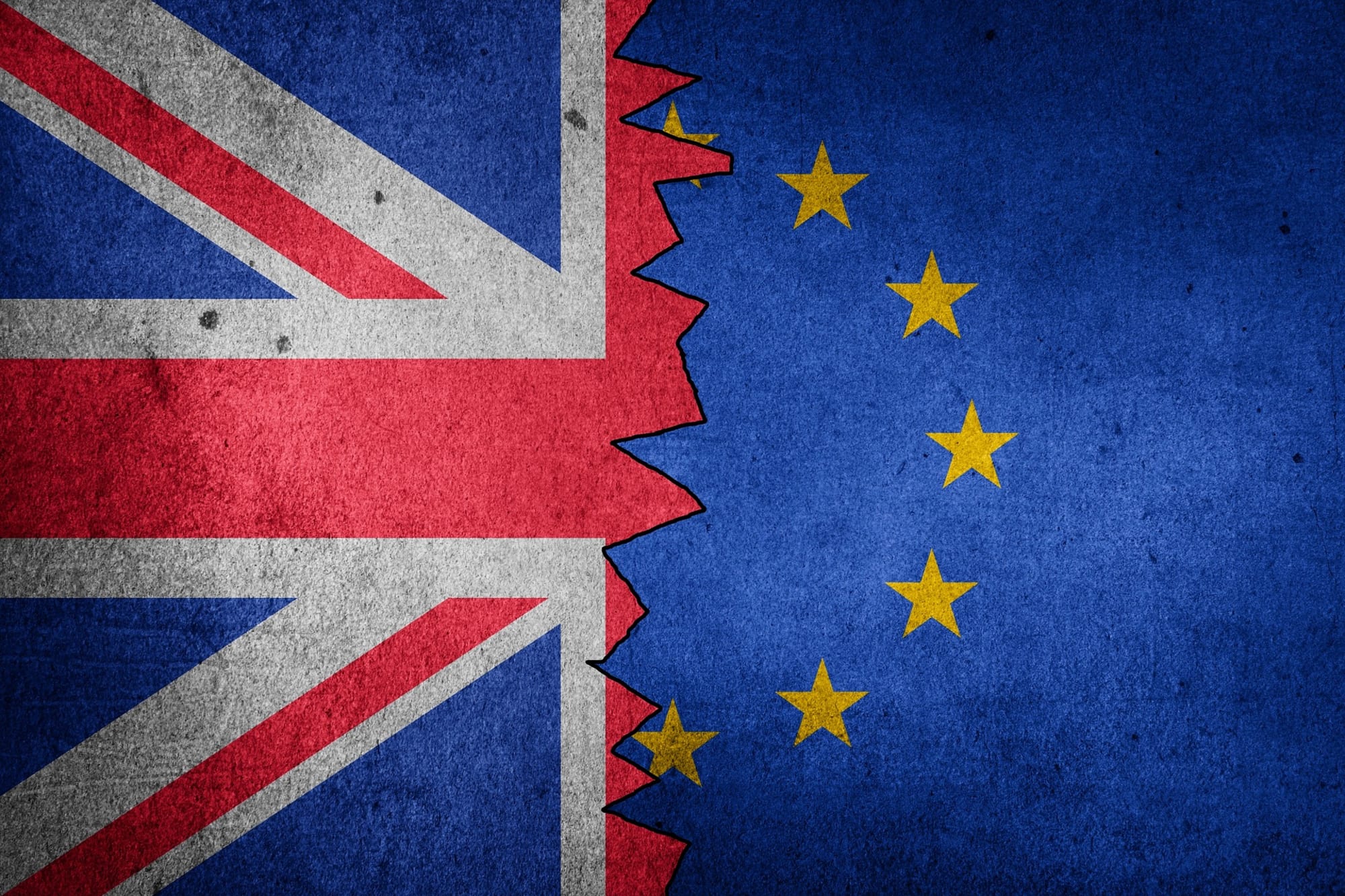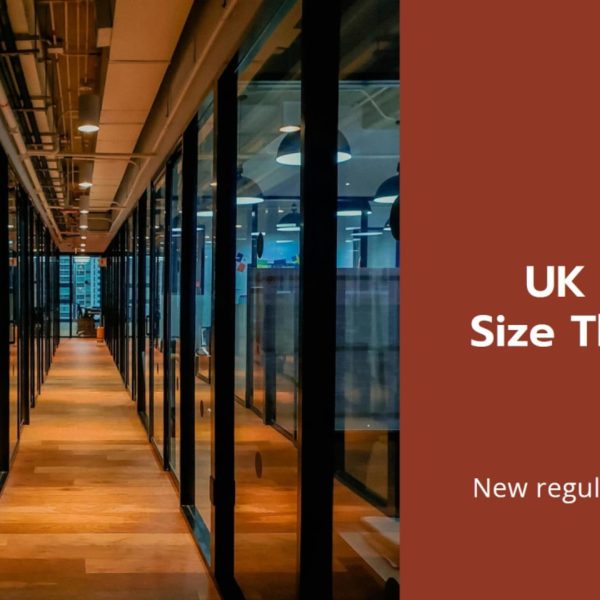Article
Audit and Consolidation Implications for UK subsidiaries of EU companies following Brexit
Article
Audit and Consolidation Implications for UK subsidiaries of EU companies following Brexit
April 15, 2021
3 minute read
Prior to the UK leaving the European Union (EU), there were three ways in which UK incorporated companies that are subsidiaries of European Economic Area (EEA) parent companies could be exempt from having a statutory audit in the UK.

Audit exemptions
Prior to the UK leaving the European Union (EU), there were three ways in which UK incorporated companies that are subsidiaries of European Economic Area (EEA) parent companies could be exempt from having a statutory audit in the UK.
These were:
- By being a small company that is part of a small group.
- By being a company of any size but having its liabilities (existing and contingent) guaranteed by the EEA parent, assuming also that the company is included in the consolidated accounts of the parent.
- By being a dormant company.
The exemptions in 1 and 2 above were not available to listed, insurance and banking companies (other exclusions apply), meaning these companies would always be subject to audit.
The key change following Brexit is that EEA parent companies can no longer guarantee the liabilities of their UK subsidiaries and therefore, the UK subsidiaries require an audit if they are not exempt under points 1 and 3 above.
This change applies for accounting periods starting on or after 31 December 2020.
Preparation of consolidated accounts
The requirement to prepare consolidated accounts applies to UK subsidiaries that are also parent undertakings which do not qualify as small companies and do not head a small group. If they are small companies that head a small group, the preparation of consolidated accounts is generally not required.
UK subsidiaries that are themselves parent undertakings, and their immediate parent undertakings are established under the law of an EEA state are generally exempt from the requirement to prepare consolidated accounts if they are included in the audited consolidated accounts of the ultimate EEA parent.
The available exemption was under Section 400 of Companies Act 2006. The relevant exemption continues to be available following the UK departure from the EU but is now available under Section 401 of Companies Act 2006.
No change!
How Shaw Gibbs can help
Having a partner-led approach to our audit services means that all our clients receive the time their businesses deserve.
In many instances we work alongside a group auditor, providing the UK audit in a responsive and efficient manner, reporting to the group auditors as required.
Additionally, we are independent members of an international association, DFK. We, with our associated DFK firms, are able to provide services to clients in the UK and globally. This means that wherever in the world you want to do business, we can draw on the experience of independent firms like ours, who also share our client-focused approach.
Author:

Nik Ioannidis
Partner
Related content
Need expert advice?
Speak to an expert for advice on
+44-1865 292200 or get in touch online to find out how Shaw Gibbs can help you
Email
info@shawgibbs.com
Author:

Nik Ioannidis
Partner
Need expert advice?
Speak to an expert for advice on
+44-1865 292200 or get in touch online to find out how Shaw Gibbs can help you
Email
info@shawgibbs.com

